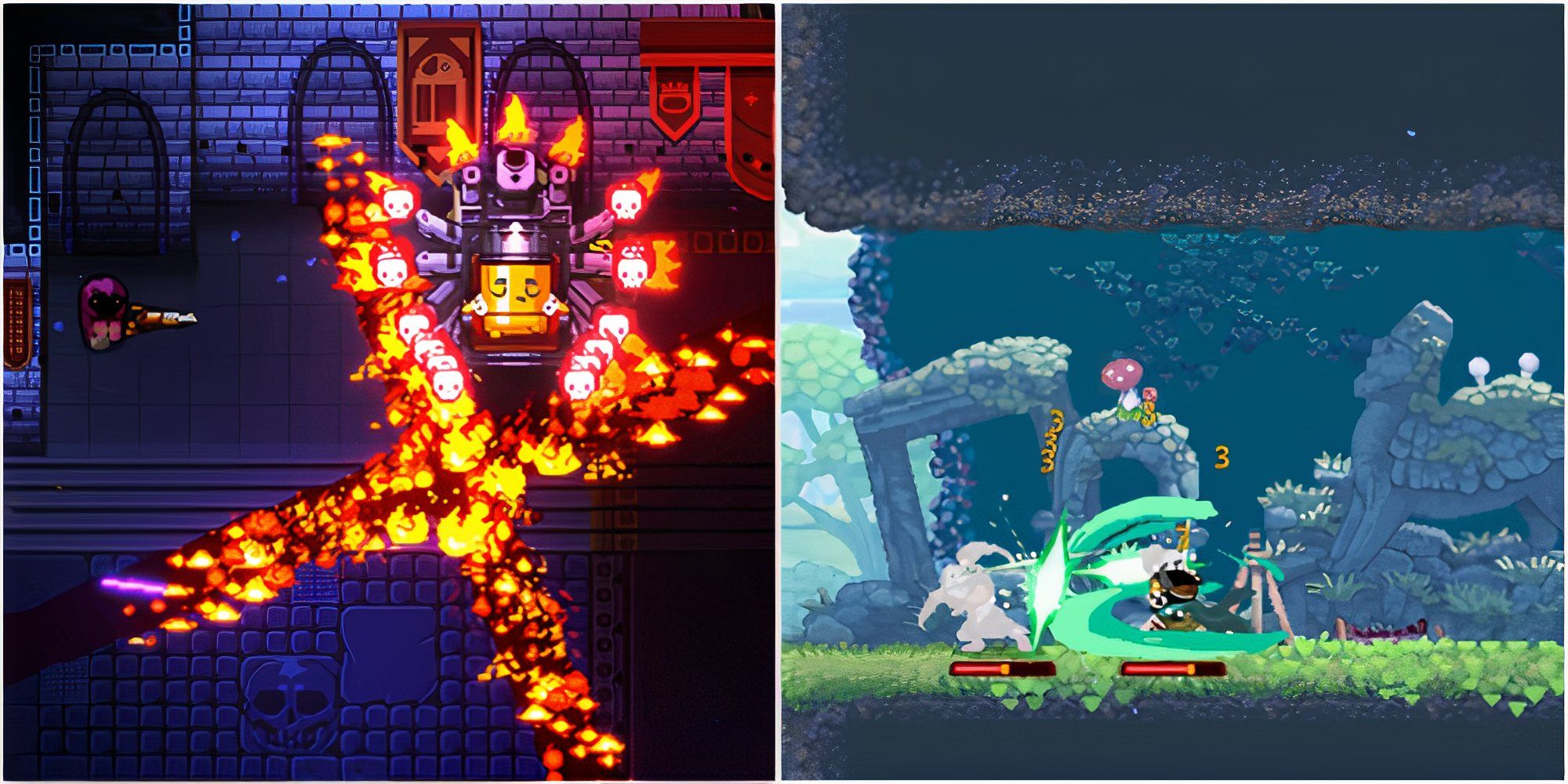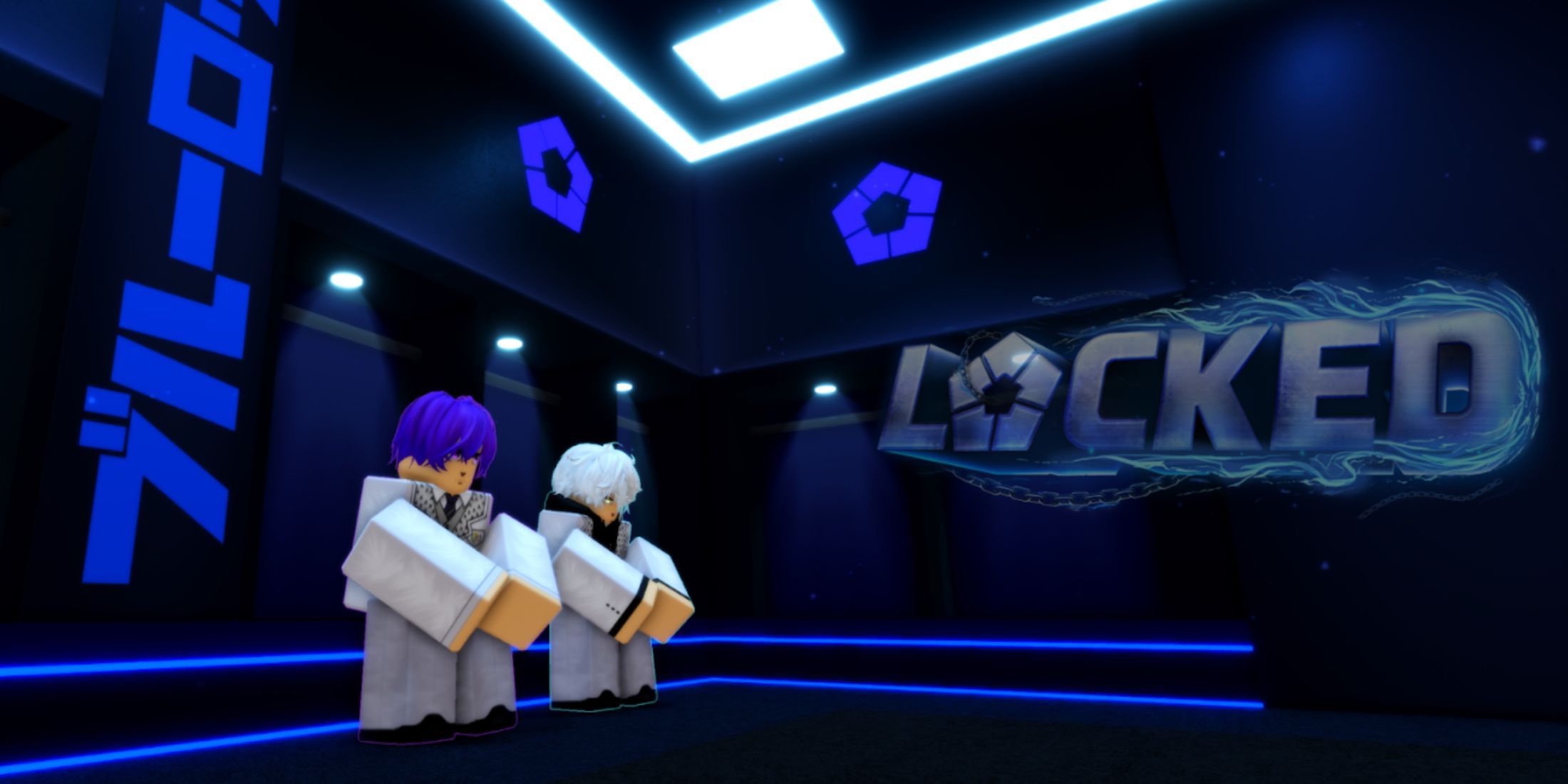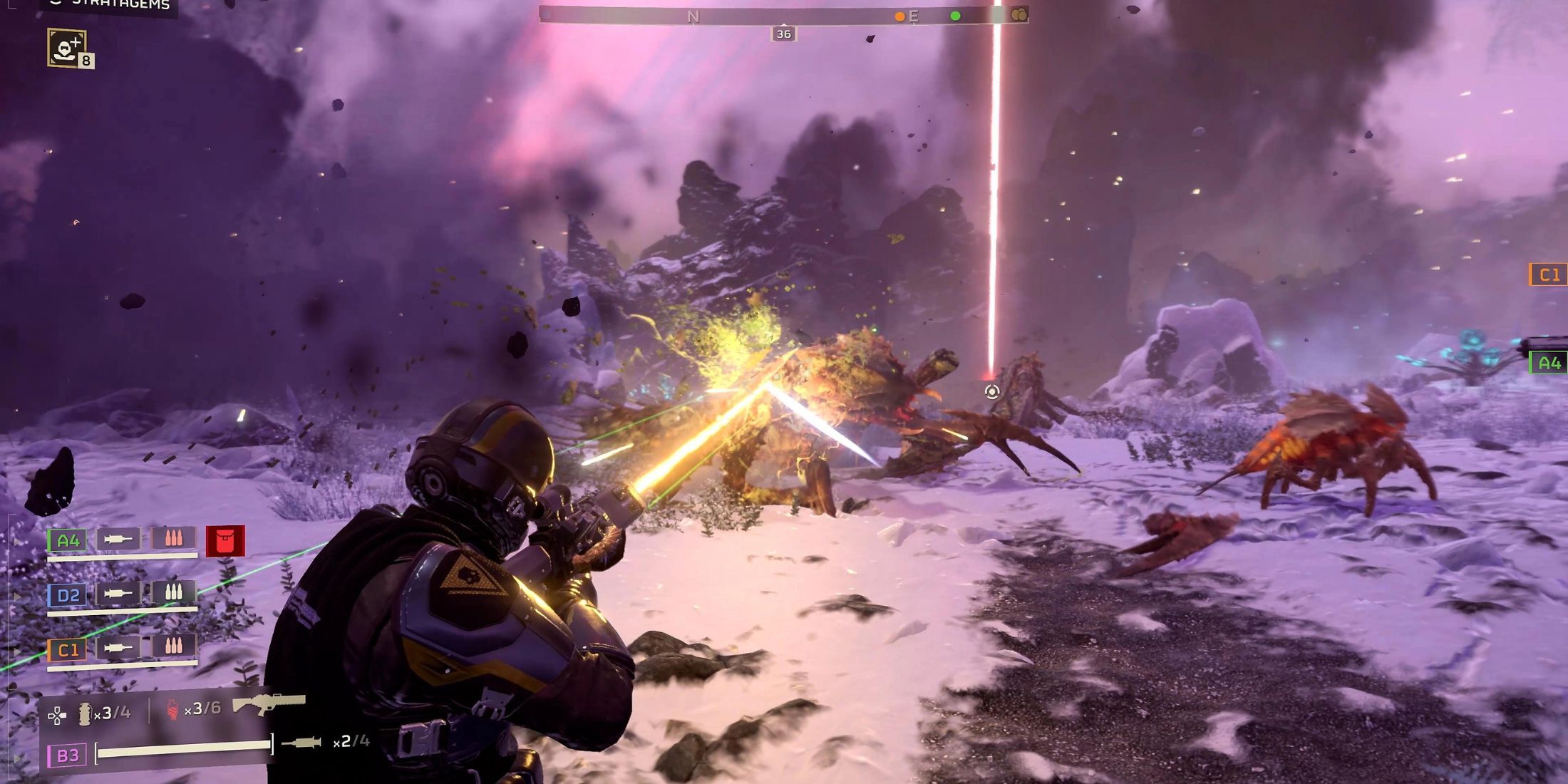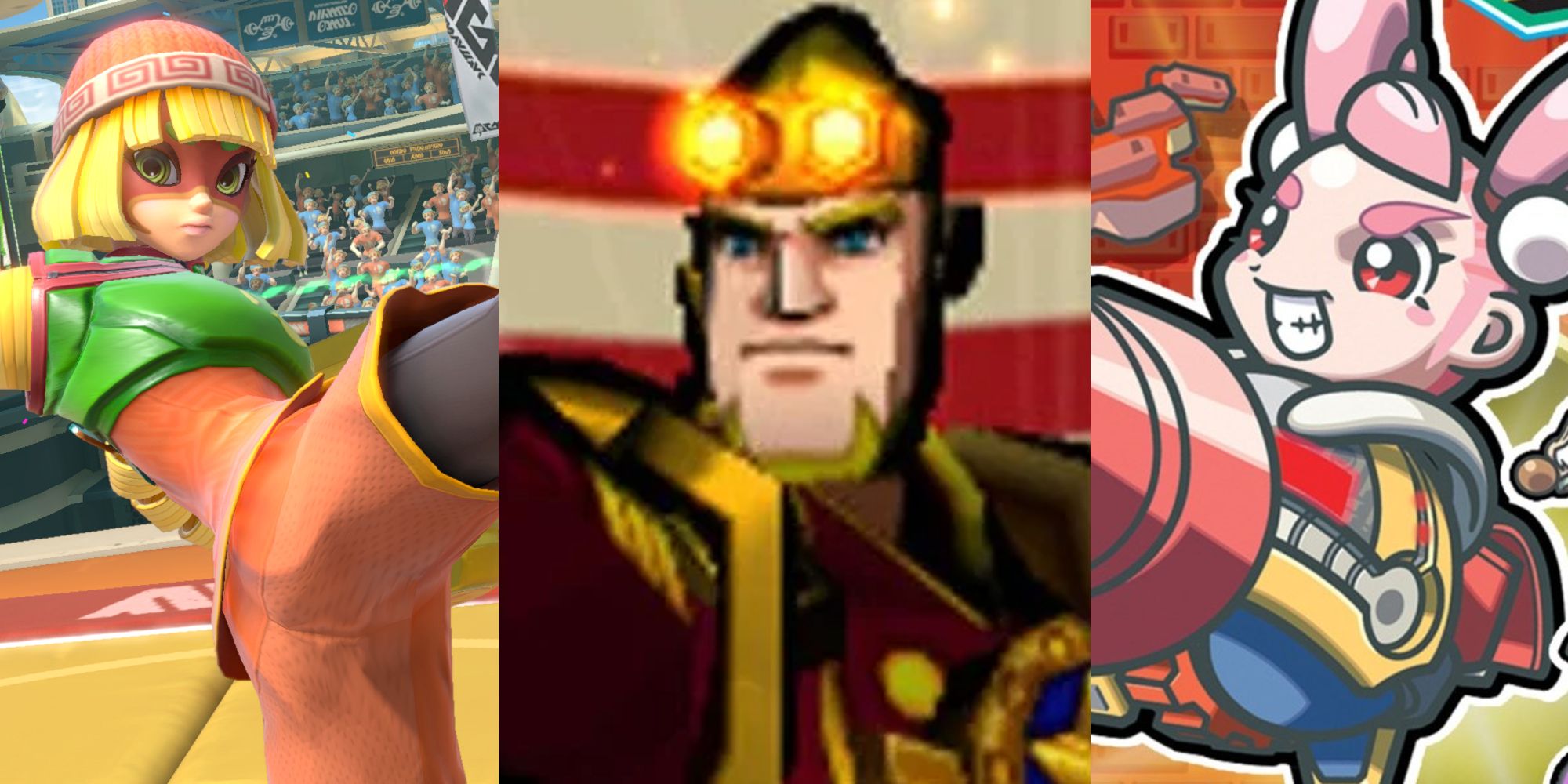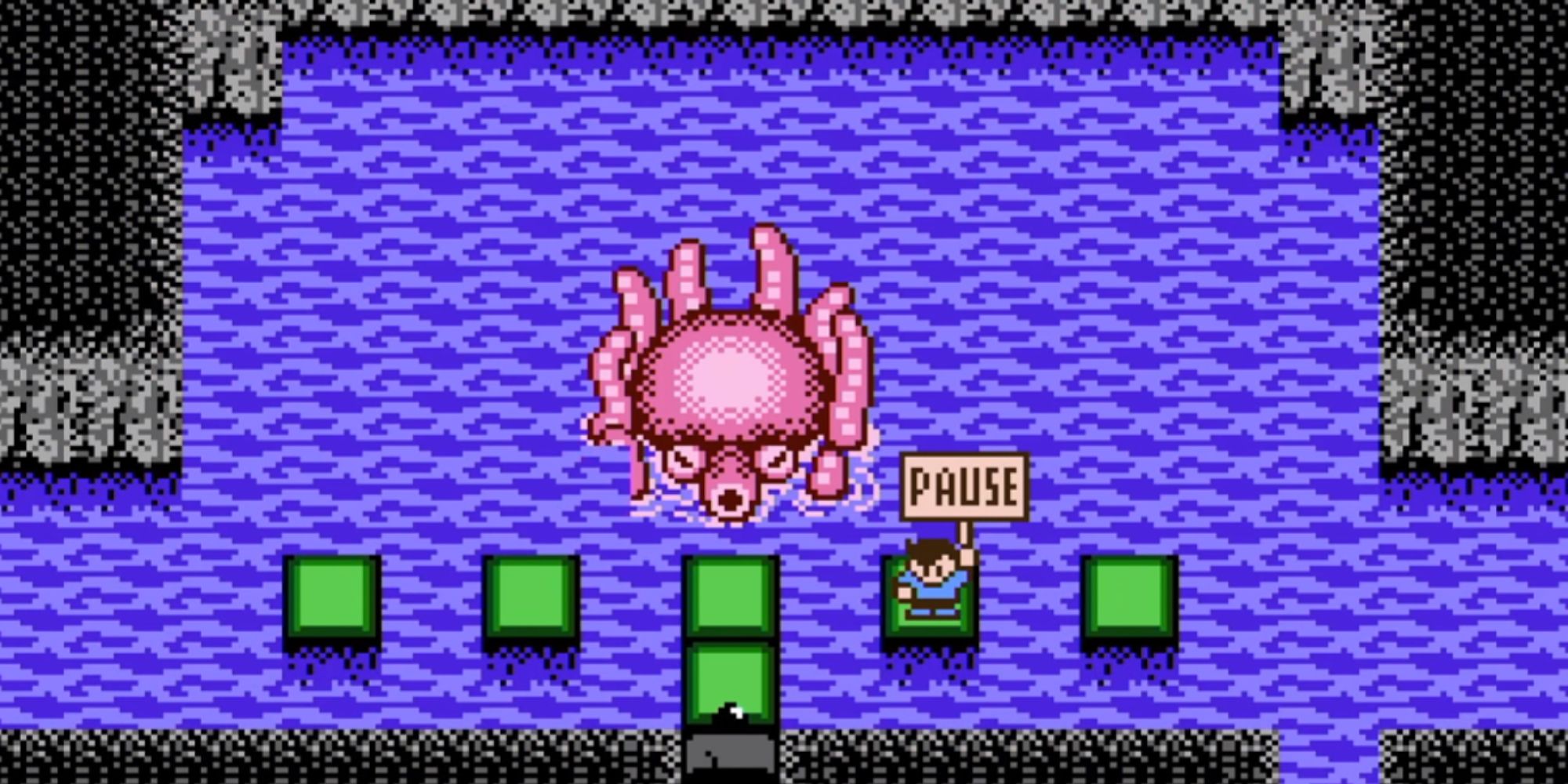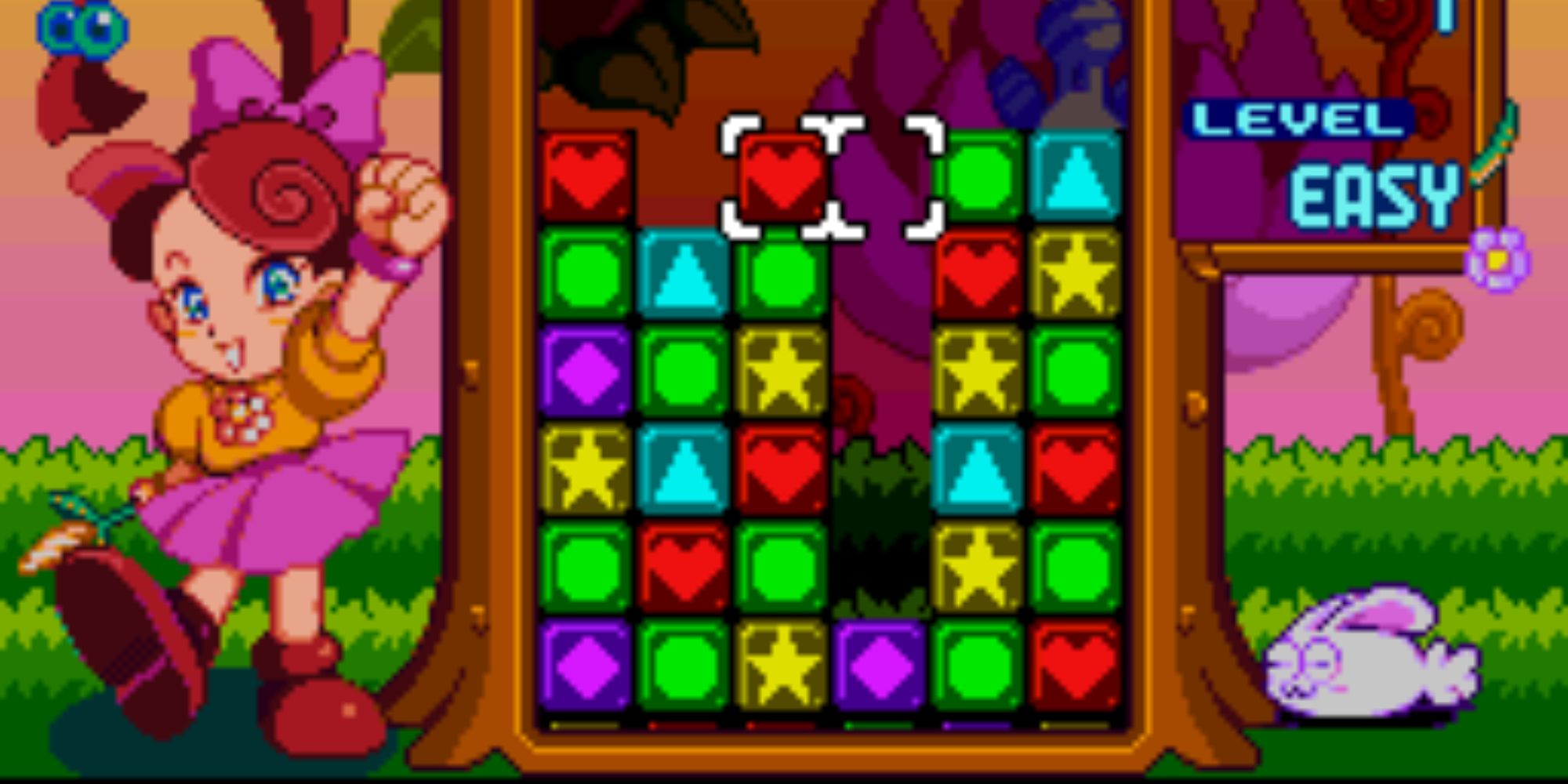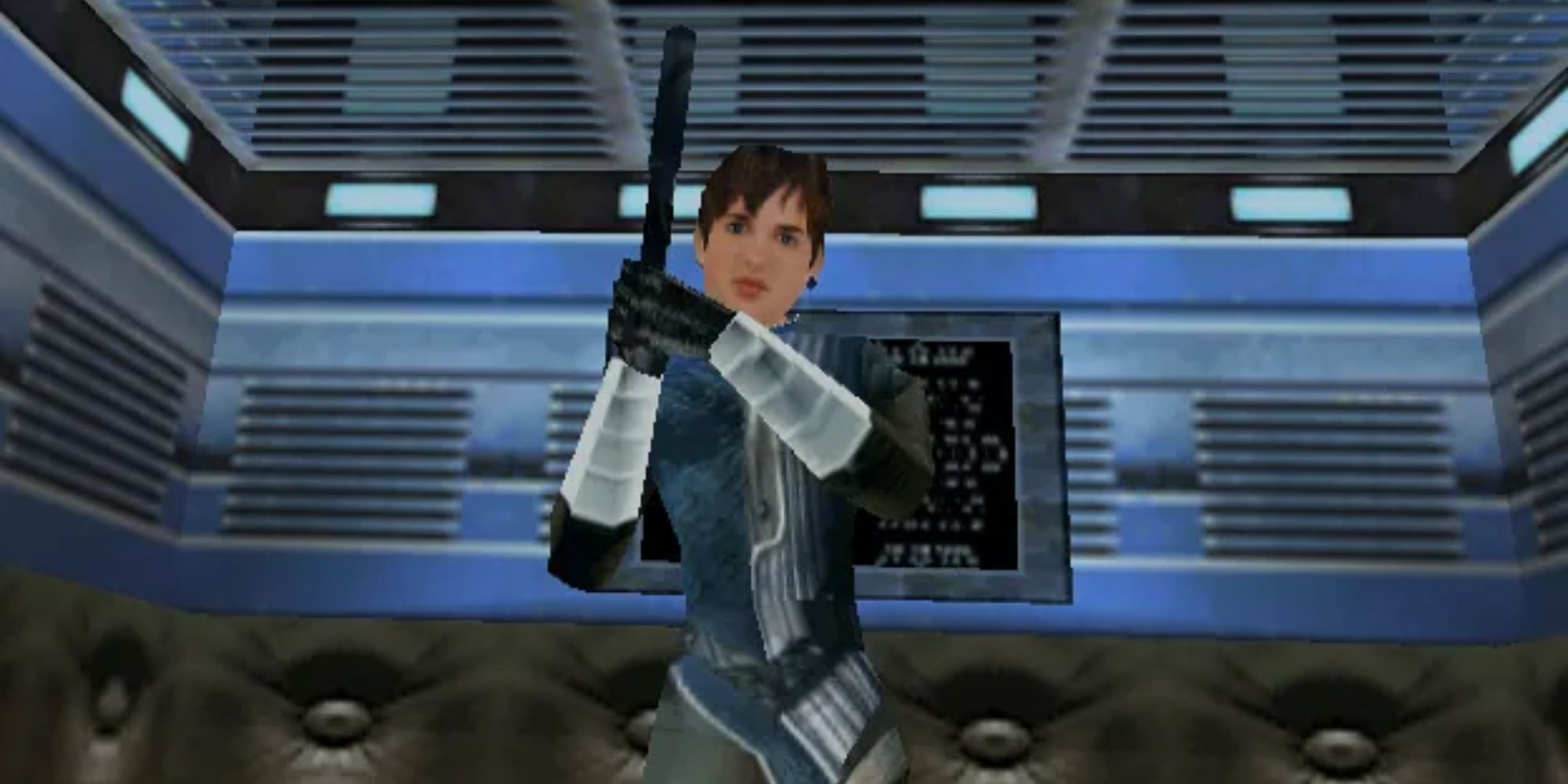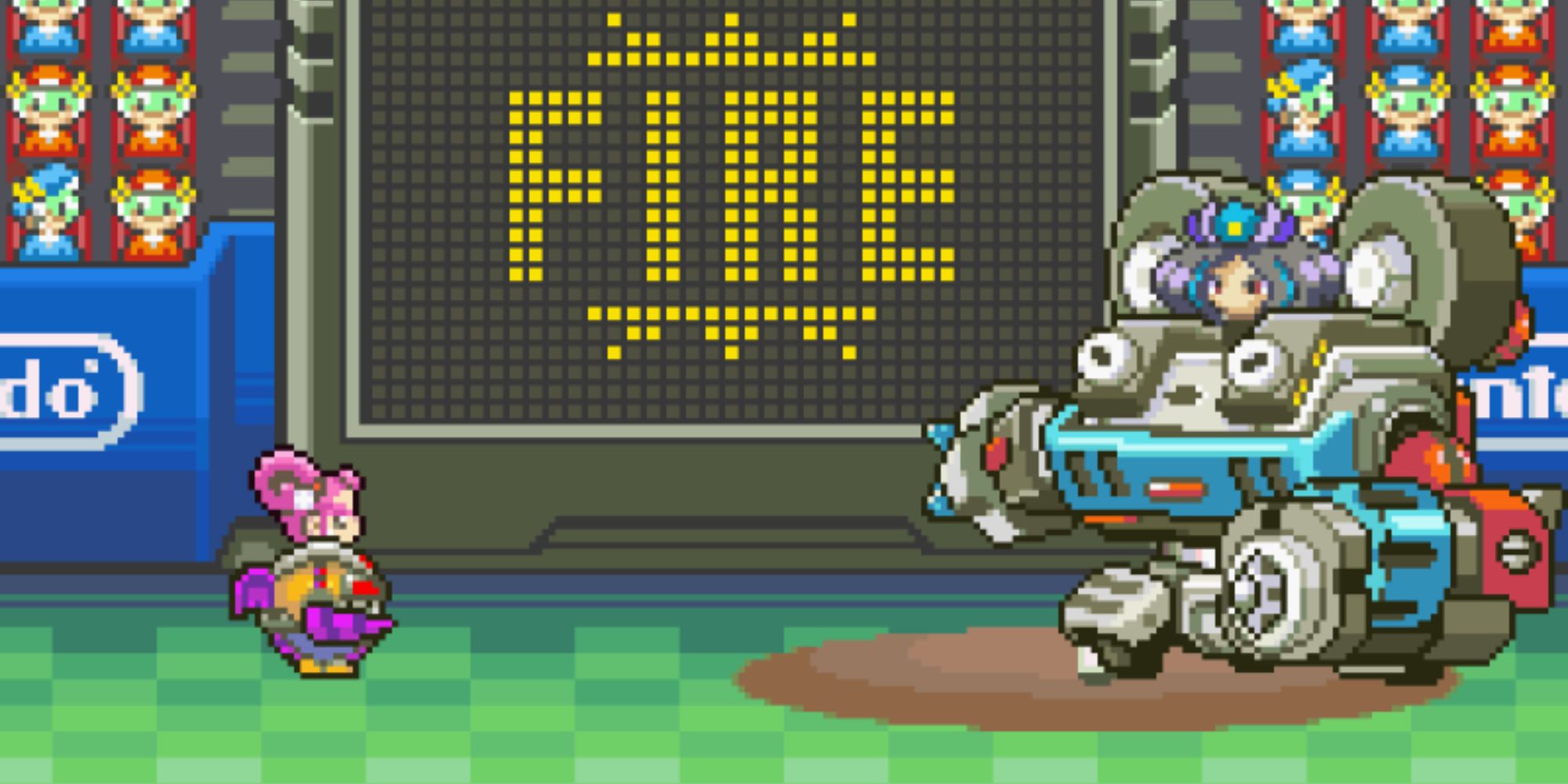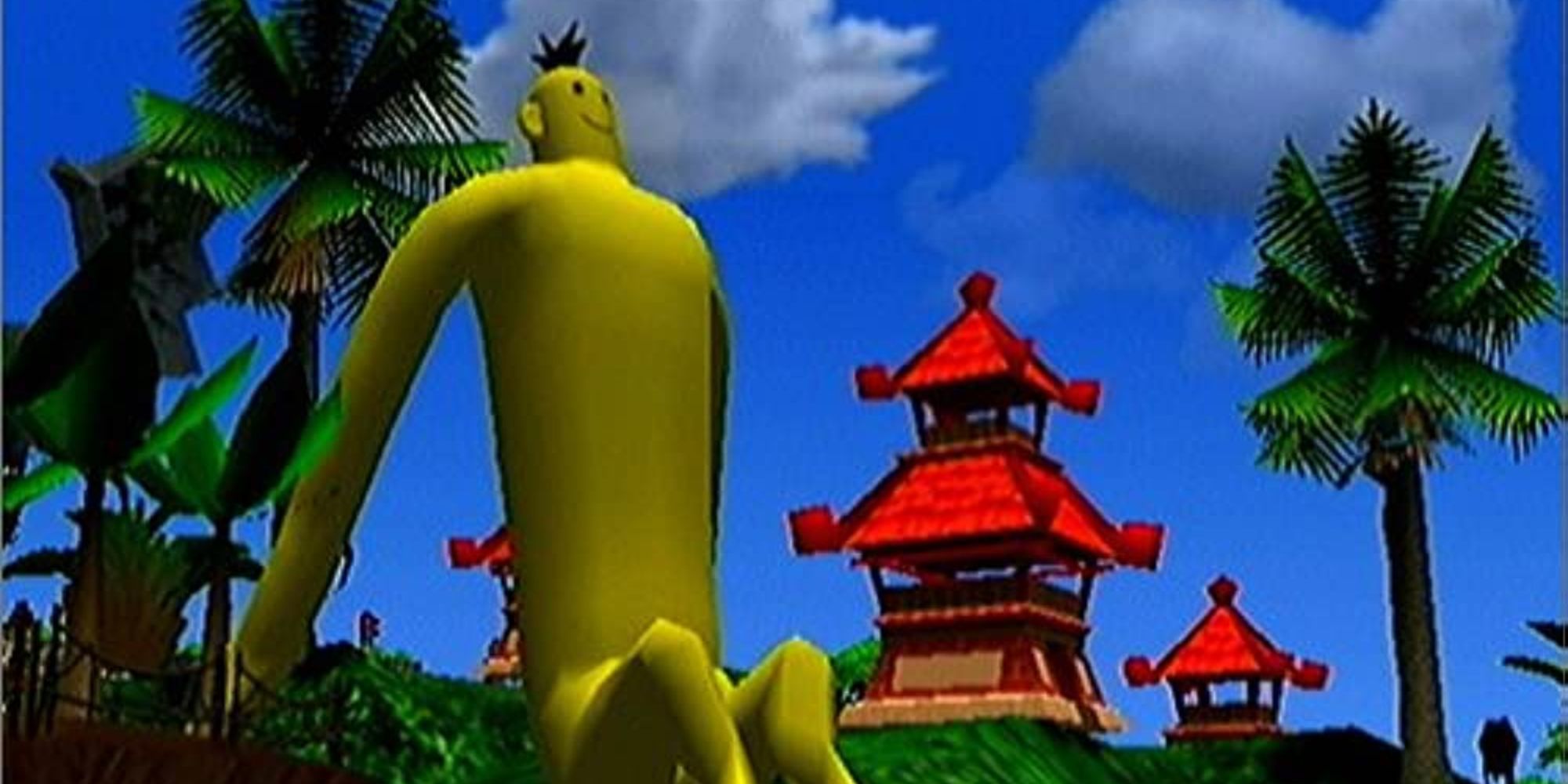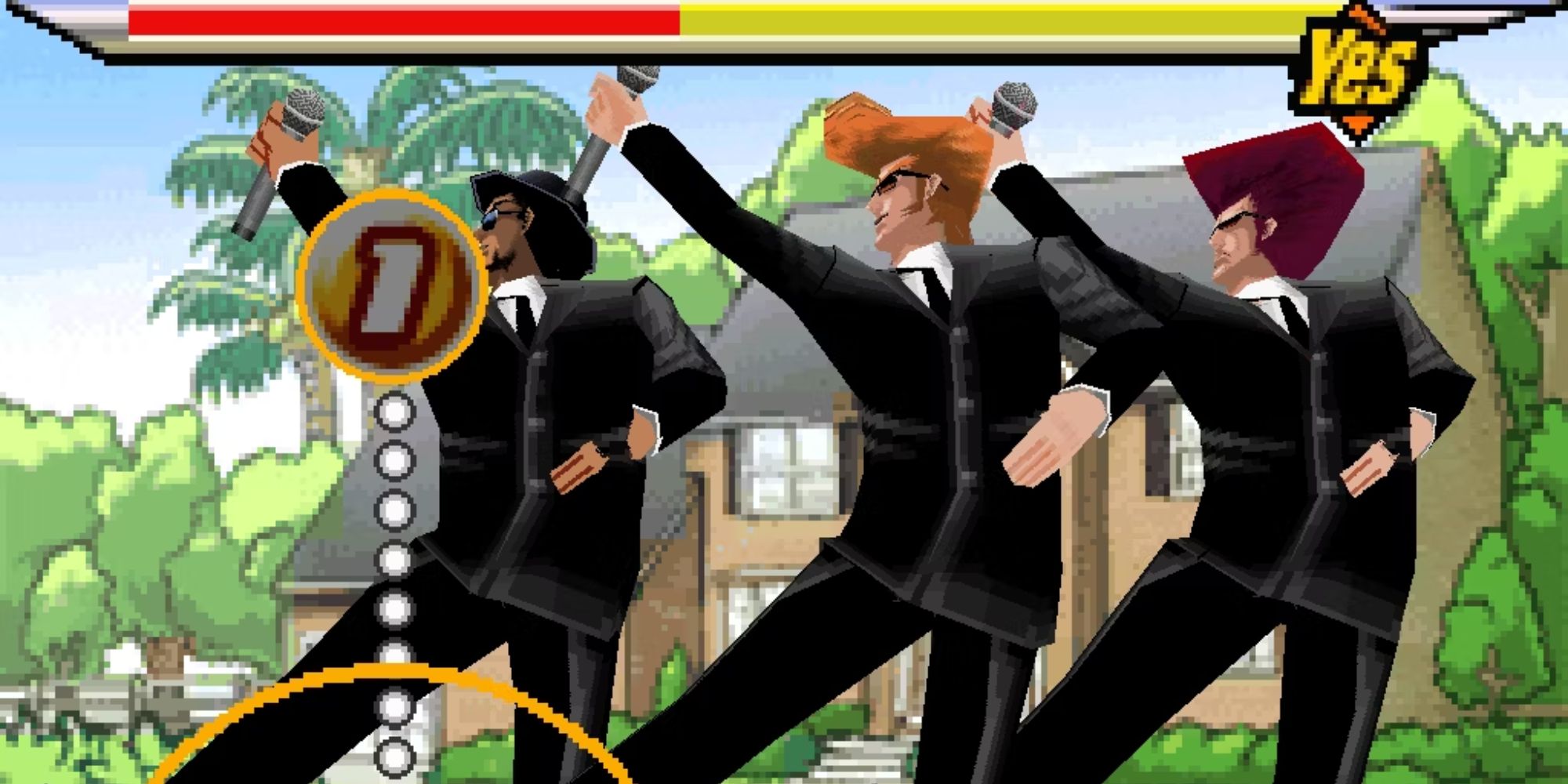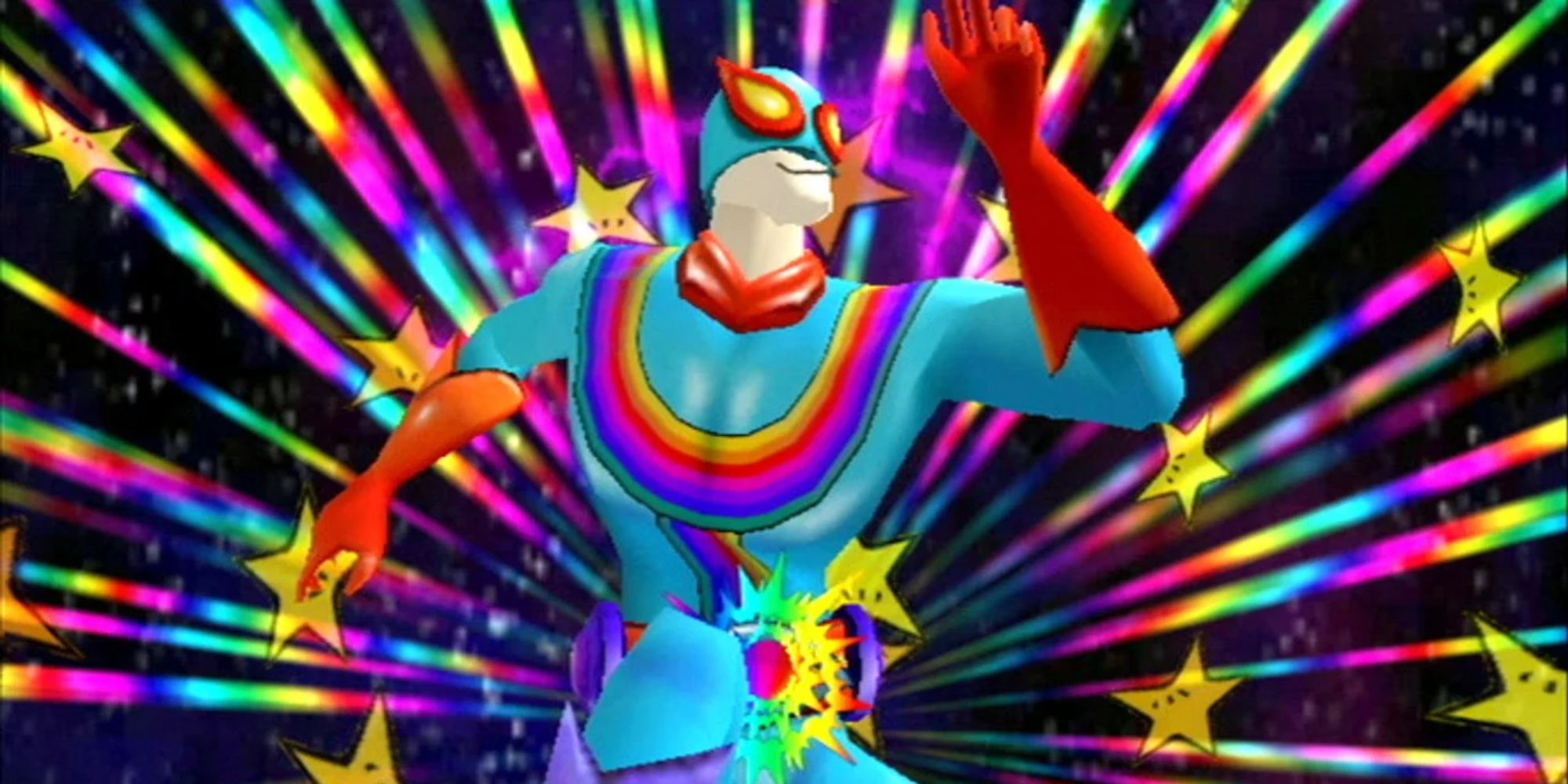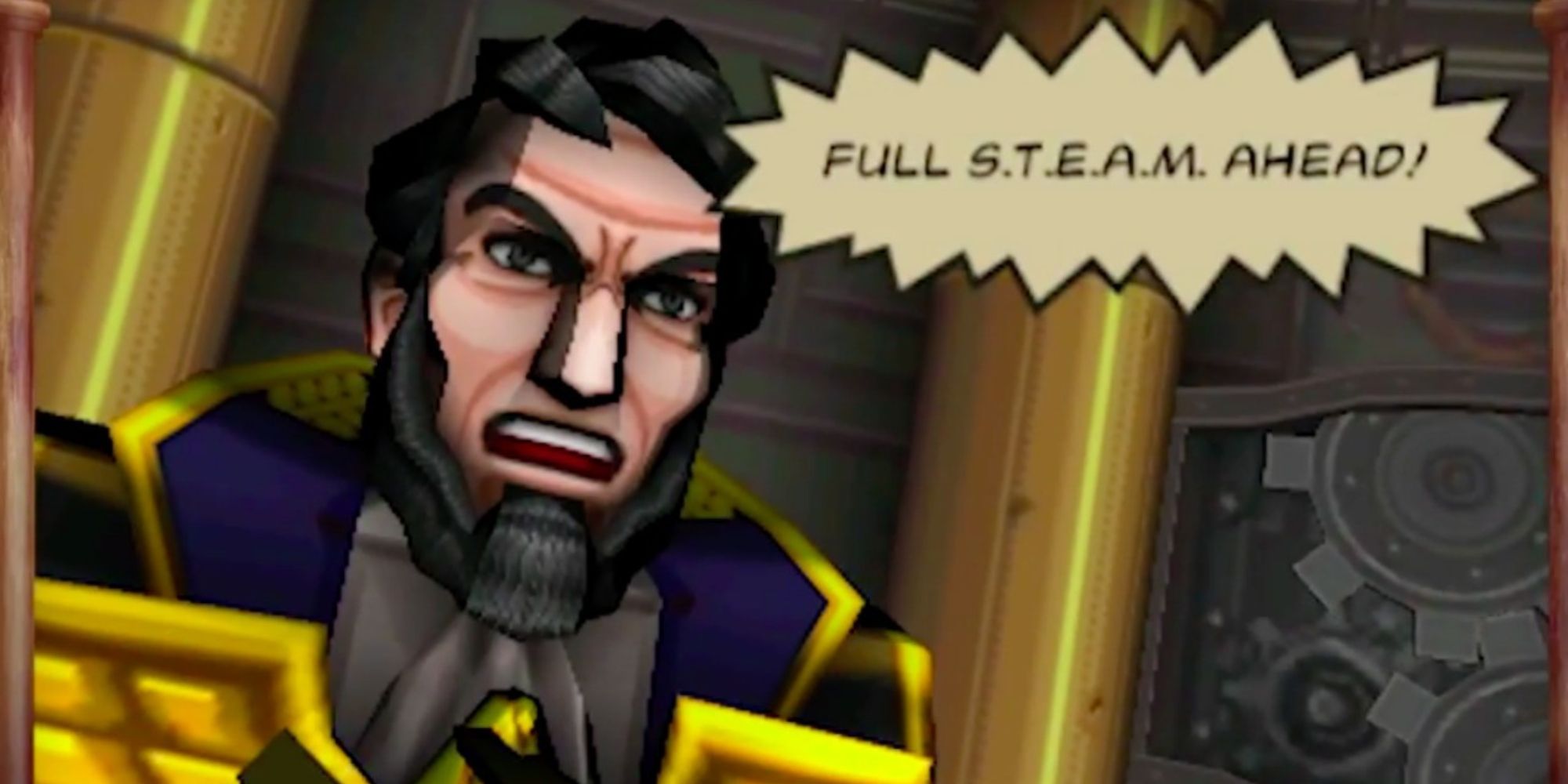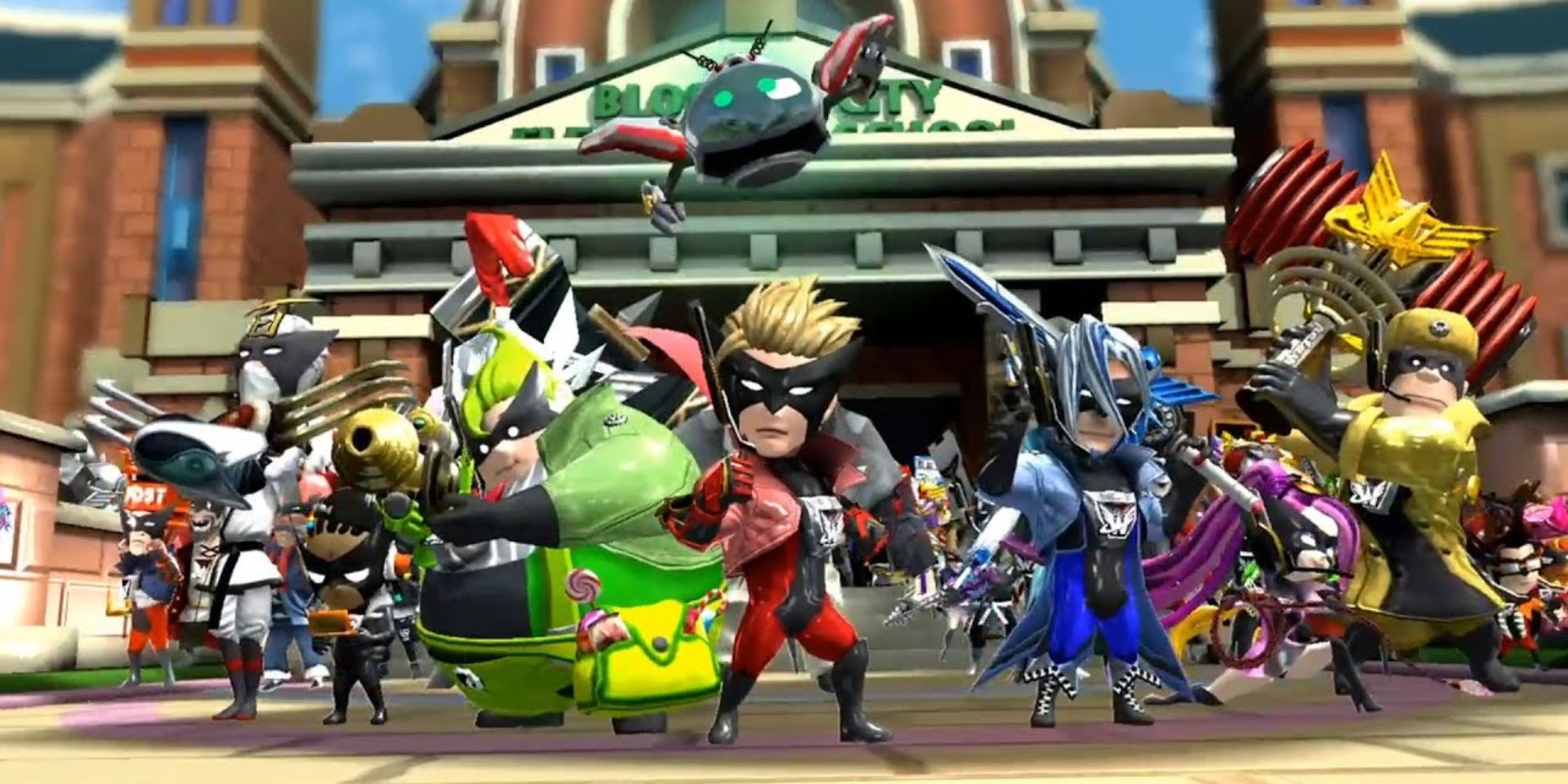Since they came to the forefront of video games in the 1980s, Nintendo has had many franchises that have defined several genres. Starting with titles like Donkey Kong and Mario Bros., Nintendo ruled the arcade before making video games accessible with consoles like the NES, SNES, and Nintendo 64, each of which contained many of their most famous series.
These days, Nintendo has many successful franchises both old and new. Pokemon and Super Mario Bros. remain among the best-selling video game franchises of all time, while recent hits like Splatoon and Nintendogs rank high as well. However, these video games by Nintendo have little prospects as franchises after only one entry.
10 StarTropics
Released in 1990 for the NES, StarTropics is one of few Nintendo titles to never be released in Japan. It came from the same developer as the wildly popular Punch-Out!! series, centering on a 15-year-old little league player named Mike Jones searching for his uncle, who has gone missing after being abducted by aliens.
At the time, StarTropics received critical acclaim but drew criticism for its similarities to early The Legend of Zelda titles. It received another North America-exclusive sequel in 1994 on the NES, but by this time the SNES was the more prominently supported console by Nintendo. As a result, it never caught on the way Nintendo's other projects of the time did.
9 Panel De Pon
Western audiences may not be familiar with Panel de Pon, which was released on the SNES in 1995 in Japan. For its Western release, the game was aesthetically changed from fantasy-based characters to featuring recurring enemies from the Super Mario Bros. series instead. It was also retitled Tetris Attack, despite having no relation to the Tetris series itself.
The original Panel de Pon lives on in Nintendo's history, with the item known as Lip's Stick being a recurring item in the Super Smash Bros. franchise. It's a shame, as today Nintendo has quite the lack of original puzzle titles, aside from digital-exclusive titles like Snipperclips and Pushmo, or IP puzzle games like Captain Toad: Treasure Tracker and Dr. Mario.
8 Perfect Dark
Released in 2000 for the Nintendo 64, Perfect Dark was developed by Rare, the same studio behind Donkey Kong 64 and Banjo-Kazooie. Rare also developed the wildly popular Goldeneye 007, with Perfect Dark seen in-studio as a spiritual successor. However, it likely failed to catch onto audiences due to being an original property.
Additionally, for players to access some of Perfect Dark's core features, like campaign mode, players had to separately purchase the Nintendo 64 Expansion Pack. This also probably made the series difficult to get into for solo players, ultimately stifling its potential as an ongoing shooter series by Nintendo, which was rectified with Splatoon debuting on the Wii U.
7 Drill Dozer
When Drill Dozer was released on GameBoy Advance in 2005, it was widely considered one of the best titles for its rare usage of rumble technology. The main character, Jill, was even featured as an Assist Trophy in Super Smash Bros. Brawl in 2007, potentially securing the character a spot in Nintendo's history, though that hasn't come to pass.
In fact, aside from Virtual Console releases, Drill Dozer hasn't even received a sequel, likely due to developer Game Freak's heavy focus on the Pokemon franchise. Perhaps if it's included in the Nintendo Switch Online's GameBoy Advance library, it can garner a second life from newer fans discovering its action platforming glory.
6 Doshin The Giant
Doshin the Giant had great potential as an ongoing Nintendo franchise, centering on an omnipotent sun personification, Doshin, aiding villagers and garnering their worship. It was originally released for the Nintendo 64DD in 1999, before being ported to the GameCube in 2002 for Japanese and European markets, which highly praised the game.
However, Doshin the Giant never received a North American release, which is quite odd given its critical and commercial success elsewhere. This is even more confusing considering the game incorporates a gameplay style that doesn't necessarily require an understanding of foreign languages or numerals to become accustomed to.
5 Elite Beat Agents
Compared to many other one-off Nintendo titles, Elite Beat Agents is one that many Nintendo DS players clamor for a sequel. The rhythm game centers on a team of secret agents who solve various dilemmas through dancing to popular songs like "September" by Earth, Wind & Fire, "Material Girl" by Madonna, or even modern hits like "Sk8er Boi" by Avril Lavigne.
Given the game's lacking sales at the time of its release, a sequel did not seem likely for Nintendo, despite a desire for it in-house. It's possible that the game's Western characteristics weren't appealing to audiences in Japan, which likely contributed to the decision to not release it there, cutting off a major market for Nintendo's core audience.
4 Captain Rainbow
Captain Rainbow,released for the Nintendo Wii in Japan in 2008, features many similarities to StarTropics. Most prominently, the game's titular protagonist wields a yo-yo just like Mike Jones in the NES title, though Captain Rainbow's design varies greatly. The game features the titular character venturing through worlds helping others achieve their dreams.
The catch to Captain Rainbow, however, is that the people he helps are minor characters from Nintendo's other properties, such as Birdo, Little Mac, and even Lip from Panel de Pon. Due to being chock full of references to other Nintendo games, it's possible this game struggled to stand on its own as an original IP with a potential franchise future.
3 Code Name: S.T.E.A.M.
Developed by the same team behind some of Nintendo's biggest hits, like Paper Mario: The Thousand-Year Door and Fire Emblem: Awakening, Code Name S.T.E.A.M. had lots of potential leading up to its release. The 3D strategy RPG featured figures of American culture and folklore in a steampunk setting, battling an army of alien invaders.
The game received moderate reviews upon release, and sold under 2,000 units in Japan, making it one of Nintendo's biggest bombs in recent years. It's quite a shame, given the series and its characters had a lot of potential. At the same time, a game centered on American history is quite a hard sell for audiences who aren't in North America.
2 The Wonderful 101
The Wonderful 101 came to the Wii U from the same team who made Bayonetta, who has quickly etched herself into video game history. Sadly, The Wonderful 101 didn't meet the same fate, despite having an interesting concept: players control a Pikmin-esque team of superheroes who group together like schools of fish to pull off seriously powerful attacks.
The game received a lot of attention from Nintendo, being first revealed at E3 2012 and even having its own Nintendo Direct showcase prior to its release. It was even recently remastered for Nintendo Switch, PS4, and PC, though its disappointing sales from its initial release have stifled conversations about a potential sequel from Platinum Games anytime soon.
1 ARMS
ARMS is a relatively recent release from Nintendo, only debuting in 2017 a few months after the launch of the Nintendo Switch. The fighting game makes great use of the Joycon controllers, as players control various fighters with long, extending arms. The game has even risen to become one of the best-selling titles on the Nintendo Switch.
Although a sequel or continuation for ARMS is certainly not off the table, especially considering the addition of Min-Min in Super Smash Bros. Ultimate as DLC, it's been quite a while since the game's release. Even Splatoon 3 was recently released for Switch shortly after Splatoon 2 came out the same year as ARMS, which many have forgotten about.

